Keywords: National Conference
There are more than 24 results, only the first 24 are displayed here.
Become a subscriber for more search results.
-
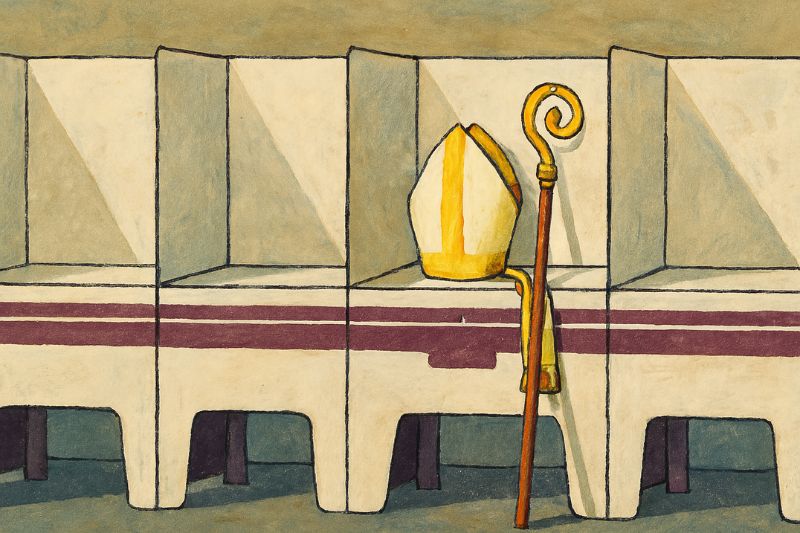
RELIGION
- John Warhurst
- 10 April 2025
As Australia approaches a federal election, the bishops have offered a statement of gentle encouragement themed around hope. Yet in its caution and generality, it raises questions about missed opportunities for moral clarity, national relevance, and a more engaged voice in public life.
READ MORE
-
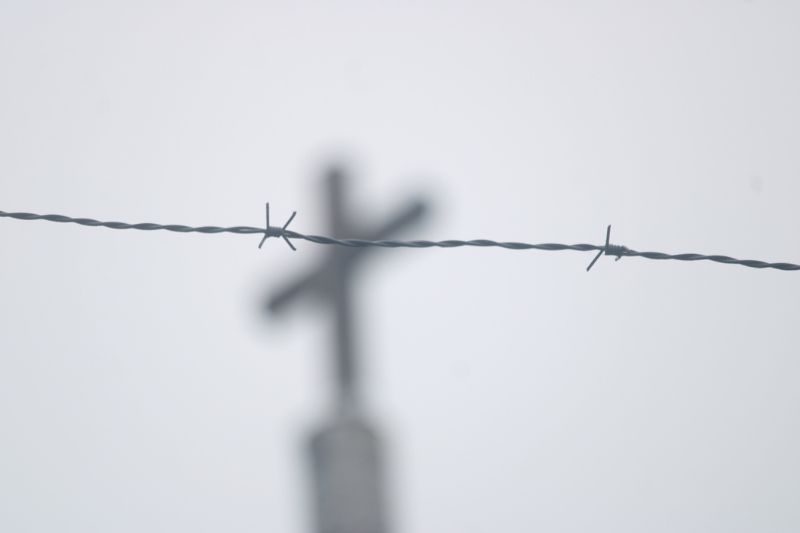
RELIGION
- Vincent Long Van Nguyen
- 01 April 2025
As war rages, the climate suffers and inequality grows, the ancient idea of Jubilee feels newly urgent. Can an economy built on profit give way to one rooted in justice? Can the Church trade power for presence? Renewal may begin where the poor, the displaced and the earth come together.
READ MORE
-
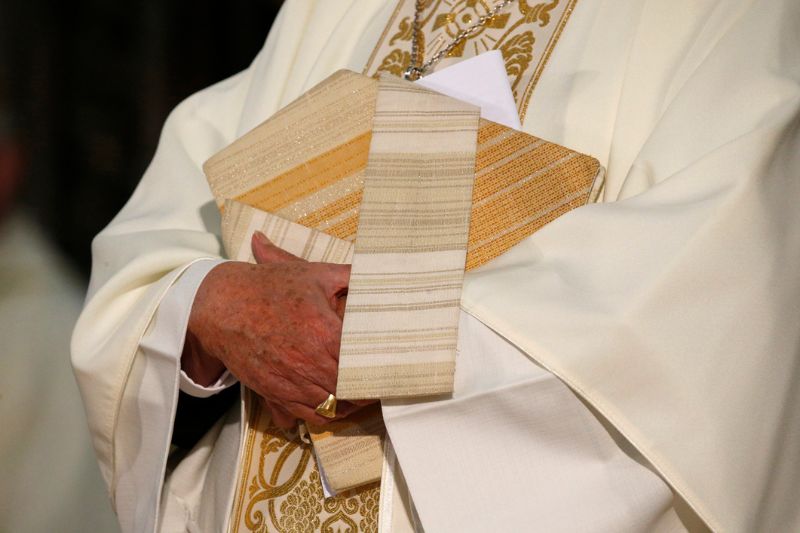
RELIGION
- John Warhurst
- 25 March 2025
As Australia approaches another federal election, the Catholic Church, long ambivalent about democratic politics, prepares to weigh in. Its official statement could play it safe, as in years past — or it could offer a deeper moral vision, confronting the global drift toward division with the quiet radicalism of synodality.
READ MORE
-
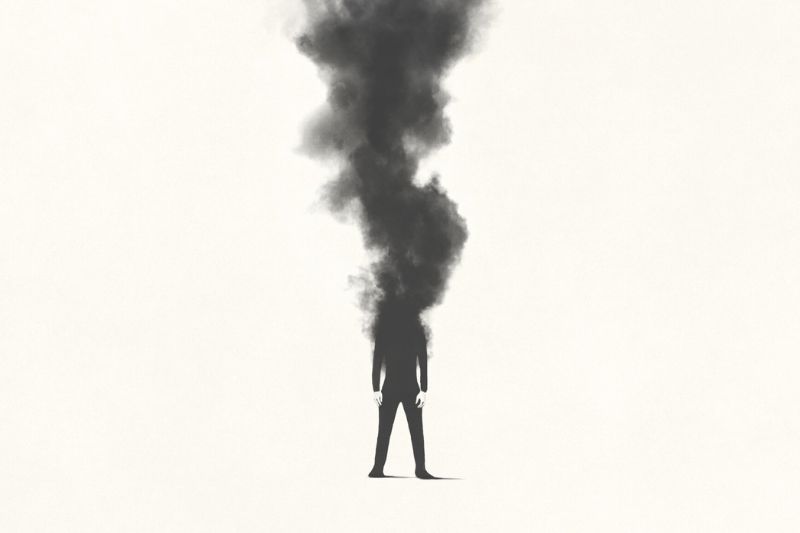
AUSTRALIA
- Max Jeganathan
- 24 March 2025
Amid rising hate speech and tighter laws, something deeper festers. In a culture wired for outrage and shaped by tribal algorithms, we’re learning not just to disagree, but to despise. What happens when identity is built on enmity, and public debate becomes less about ideas and more about who we’re against?
READ MORE
-
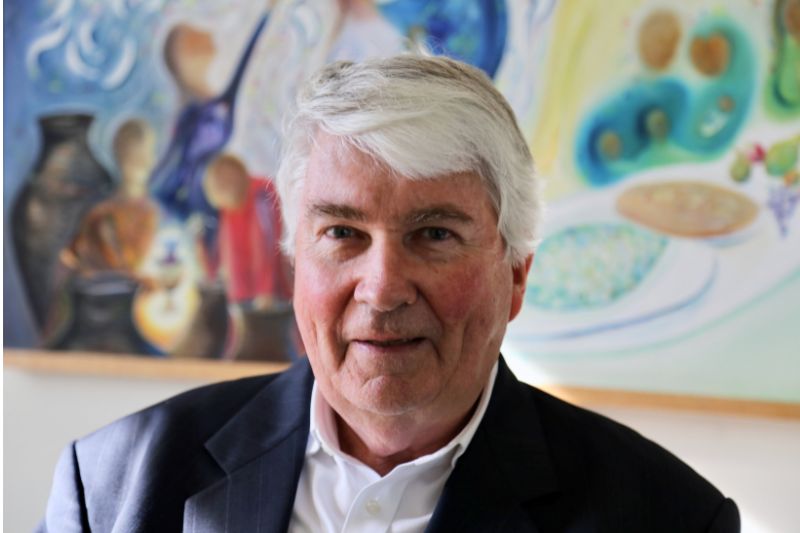
RELIGION
- Jim McDermott
- 13 March 2025
Frank Brennan wears his prominence lightly. A priest, lawyer, and tireless advocate for Indigenous rights and refugees, he is as at home in political corridors as he is at the dinner table, welcoming friends with stories and good cheer. Now, celebrating 50 years as a Jesuit, he reflects on faith, justice, and a life of service.
READ MORE
-

AUSTRALIA
- Sarah Klenbort
- 12 March 2025
As Australia heads towards another federal election, the influence of big money in politics looms larger. In the U.S., billionaires and corporate interests have eroded trust in government. Campaigns there cost billions of dollars, while ours, for now, do not. But can we keep it that way?
READ MORE
-
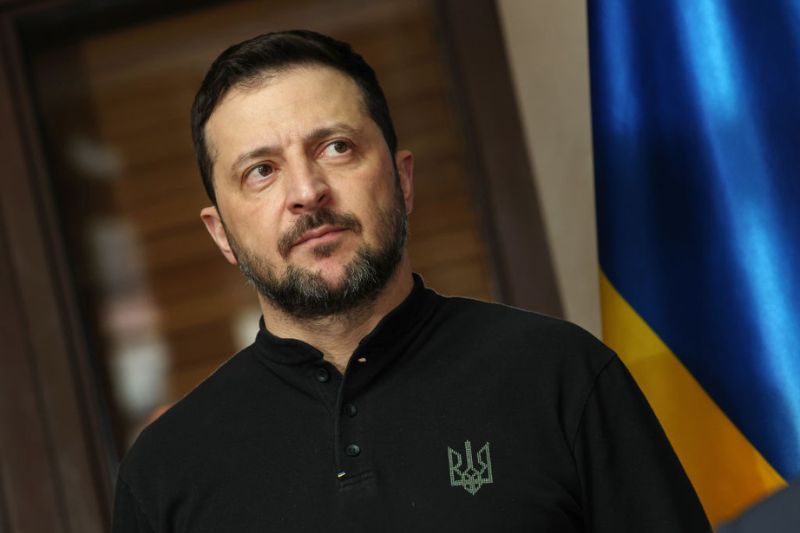
INTERNATIONAL
- Gillian Bouras
- 27 February 2025
Europe faces a moment of strategic recalibration as shifting U.S. priorities put transatlantic ties under strain, raising concerns about Europe’s defence standing. With war on its borders and internal divisions mounting, the European Union must rethink its role in an increasingly uncertain world.
READ MORE
-
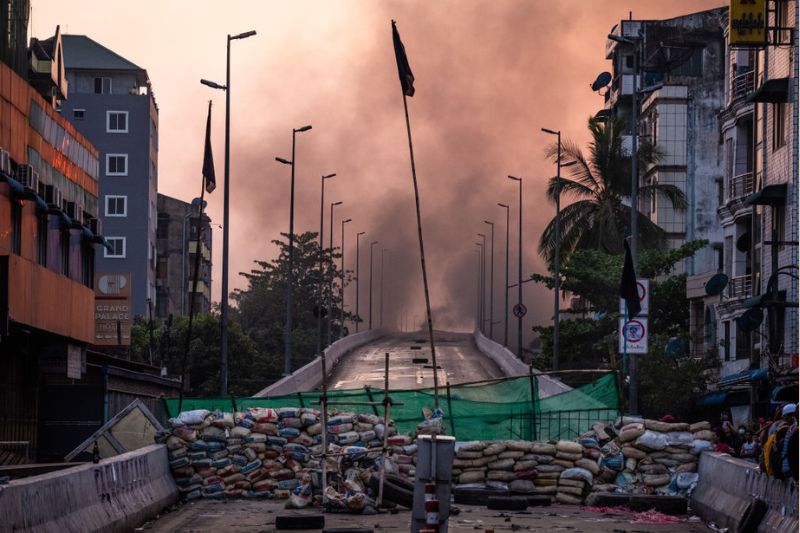
INTERNATIONAL
- Anonymous
- 20 February 2025
Myanmar’s military-led turmoil drives millions from their homes, bombs local communities, and keeps democracy icon Aung San Suu Kyi behind bars. Once a nation of proud heritage and abundant resources, it now teeters on social and economic collapse. Our deep dive examines an enduring crisis and the determination powering an urgent call for change.
READ MORE
-

INTERNATIONAL
- Stephen Minas
- 10 February 2025
The launch of DeepSeek's new AI model has upended conventional wisdom about who controls the future of artificial intelligence. With its open-source nature and unprecedented affordability, it may offer the Global South a rare opportunity to become creators and beneficiaries of AI innovation.
READ MORE
-
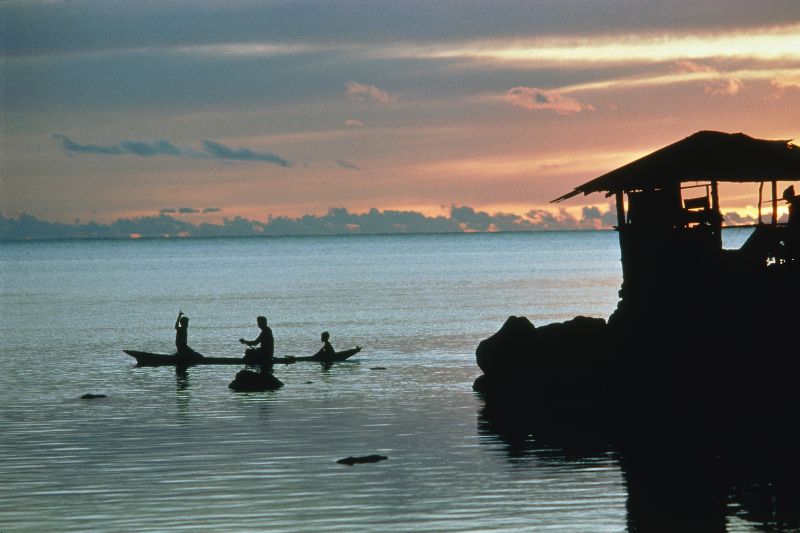
INTERNATIONAL
- Damian Spruce
- 10 December 2024
At COP29, the world’s wealthiest nations promised to confront climate change—but delivered only a fraction of the required funds, leaving developing countries with a trillion-dollar shortfall. As Pope Francis warns of a sick planet, the question remains: Who pays for the climate crisis, and who bears the consequences?
READ MORE
-
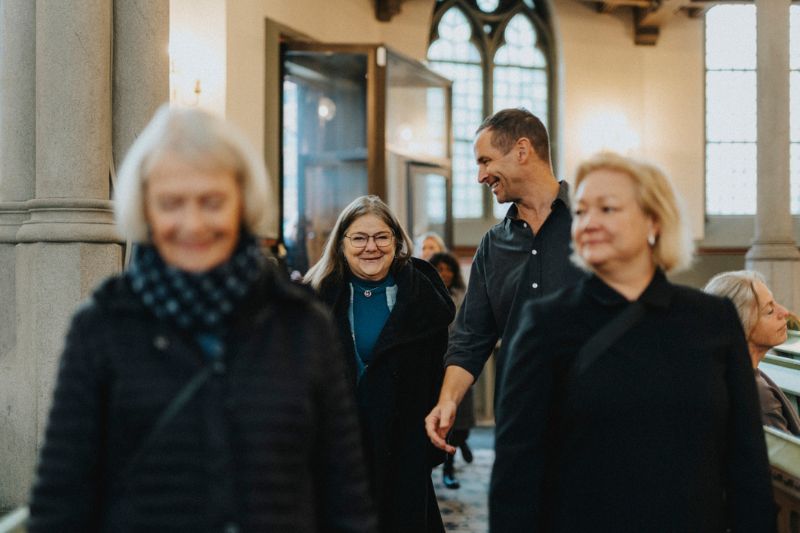
RELIGION
- John Warhurst
- 03 December 2024
2 Comments
The Synod of Bishops may mark a turning point for the Catholic Church, but the real work now begins — locally. From diocesan councils to parish communities, the challenge lies in translating synodality into action. In Australia, divergent episcopal views and a patchy history of reform raise critical questions about the Church’s future.
READ MORE
-
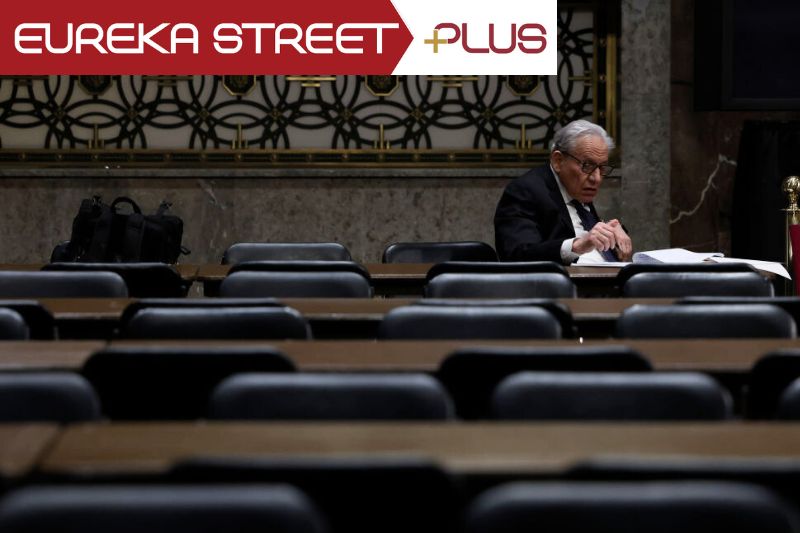
ARTS AND CULTURE
- Ken Haley
- 15 November 2024
Anyone possessed of the facts can write history. Few can express so well as Bob Woodward the heartbeat of his times and the heartbreak that history frequently brings in its wake. In War, Woodward dives into the three major geopolitical conflicts of our time.
READ MORE 